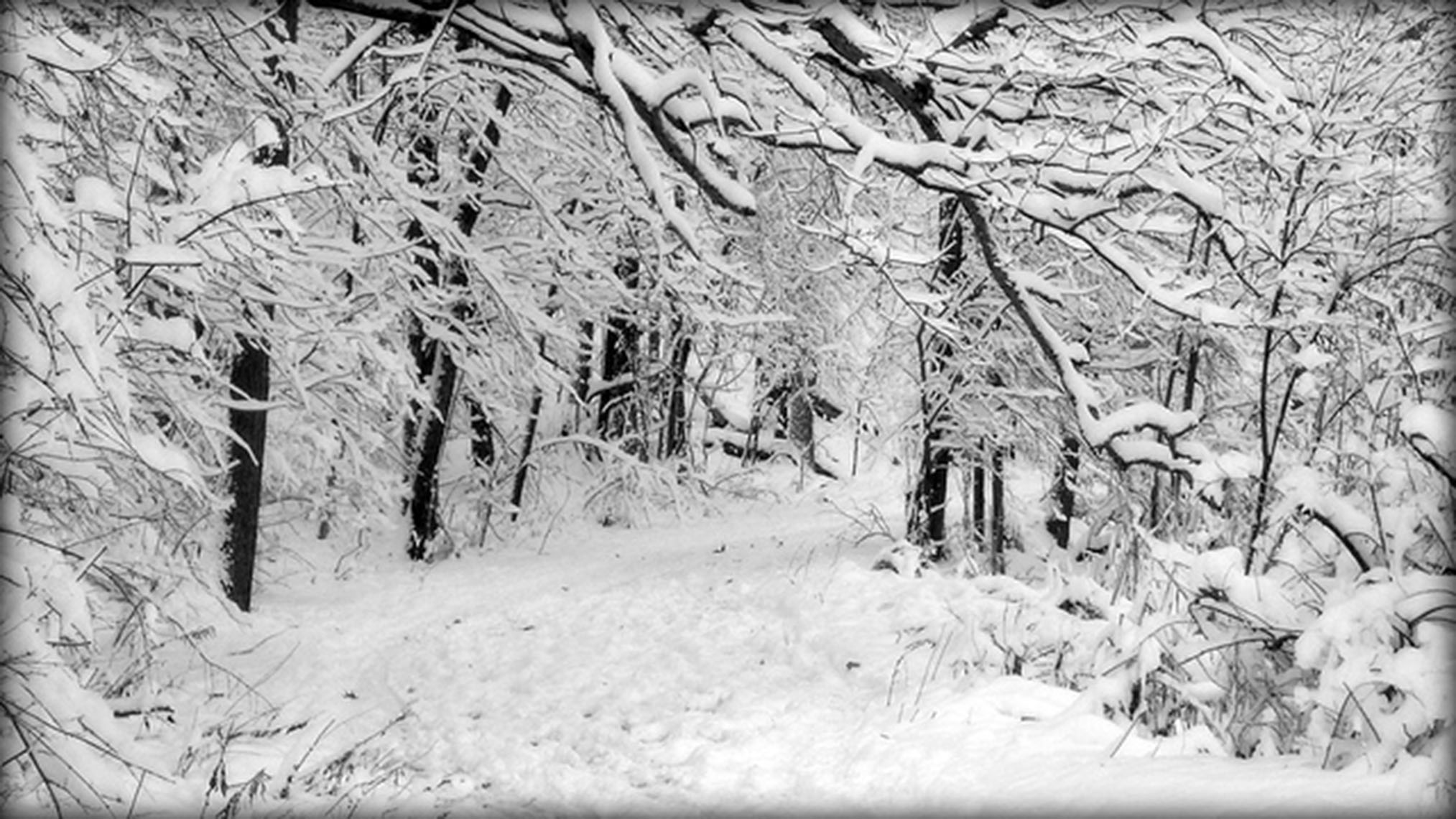Cultural warming
 It’s always much easier to appreciate a Minnesota winter when you’re not in the middle of experiencing it. Somehow, our memories don’t save any place for frostbite when, during the faraway summer, we fondly recall skating, snowball fighting, or sledding. But when the winds are howling and whipping and the day is over moments after it has begun, all we can think of are the times when stepping outdoors is a decision that can be made barefoot and carelessly.
It’s always much easier to appreciate a Minnesota winter when you’re not in the middle of experiencing it. Somehow, our memories don’t save any place for frostbite when, during the faraway summer, we fondly recall skating, snowball fighting, or sledding. But when the winds are howling and whipping and the day is over moments after it has begun, all we can think of are the times when stepping outdoors is a decision that can be made barefoot and carelessly.
At least that’s how it has been for most of my life until last winter.
A year ago on St. Patrick’s Day, I remember celebrating outside without any sleeves. In light of this past Sunday’s brutal drifts and slick, hidden ice that may sound like paradise to some, I’ve sworn never again to curse a bitter Minnesota winter. This was a pact made with myself after having experienced what this state is without a winter, and although it has already been a year, the snowless memory of last year’s winter has kept my promise intact through this year’s season.
Looking back at last year’s half-hearted winter has made me realize how dependent our great state’s culture is upon its climate. From outside its borders, Minnesota is seen as the cold state, the land of long, bleak winters and the men and women that are forged by them. From within, we know ourselves to belong to the state of hockey, where high school rivalries grow larger than life and pond hockey is played from cradle to grave.
We know we have the eyes to see endless stretches of tundra not as barren and impassable, but as a playground for snowmobiles and nordic skis. We pride our countless lakes as a sportsman’s dream during all four seasons and scoff at the foreign inauthenticity of a brown christmas.
This is our state, these traditions define its culture and thus its identity. If it is our native state, then this identity informs our own and should be a source of pride as well as self-definition.
Bearing all this in mind, there are great implications of what we stand to lose should climate change begin to take on its full, terrible weight.
When I heard the phrase “climate change” my initial reaction was once a recollection of cautionary lectures attended at the H2O Nobel Conference. I’d be subject to a feeling of discomfort, verging on a vague sense of dread, that inexpensive, diverse food and clean water might soon be things of the past. The notion that my homeland’s cultural identity would become collateral damage only occurred to me after experiencing my first brown Minnesotan winter.
What would be left of us without our winters? We’d be like a little, warm Canada. The State of Collegiate Wrestling doesn’t really have the same ring to it, nor does it hint at a rich, wholesome wellspring of fun-for-the-whole-family tradition. The only thing left to distinguish us from Wisconsin would be our sports franchises, and for some reason I feel as if our regional dialect would start to come off as a pretentious affect.
The bad news is that this is already happening. Old Minnesotans are already nostalgically recollecting a time when they could enjoy watching to see if their spit froze before it hit the ground in -40 degree winters, and pitying the youths who will never know the toughness that was once required of a native Minnesotan. The good news is that we clearly still have a few freezing gales in us.
So next time you’re struggling against the wind to make it to class, don’t curse the hill you’re on or the state you’re in, remember instead that you’re a part of a rare and vanishing culture. Remember that you’re experiencing the pains that are necessary to be a part of a unique facet in our nation, and remember that, as powerful as the winds feel, they are a part of a fragile climate. If it should vanish, it would take our unique identity away with it.
